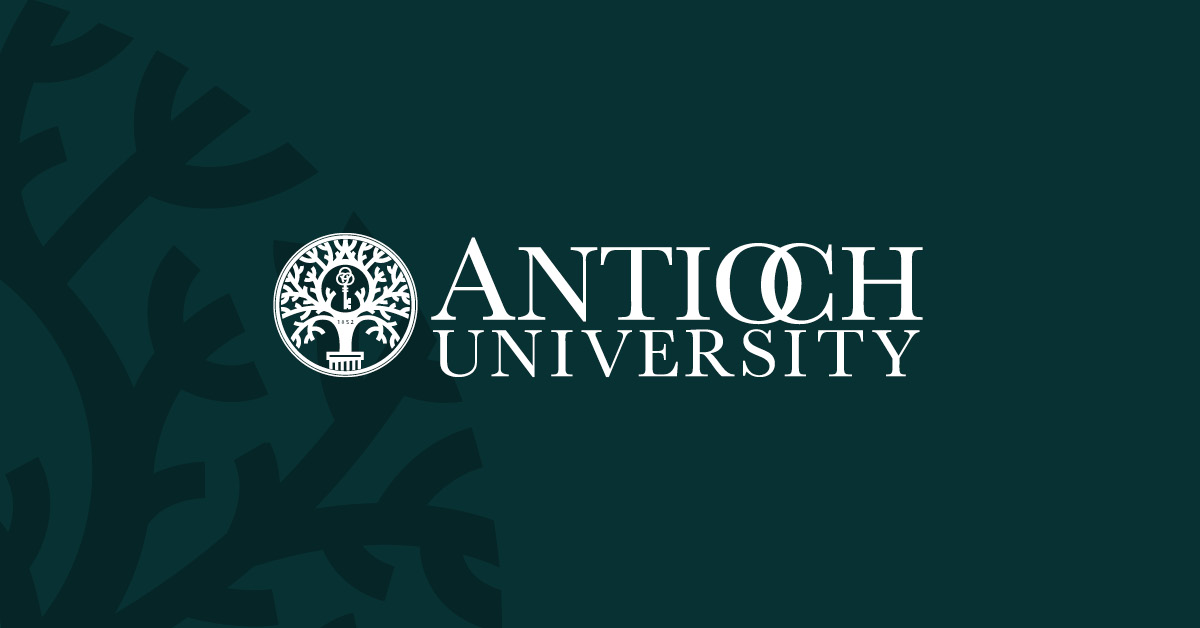Leadership is in Dr. Kenny Alexander’s DNA. Alexander comes from a multigenerational line of community standouts who left their mark on Norfolk, Virginia where he grew up.
A grandfather served as a grandmaster for a Masonic fraternity, a grandmother held forth as secretary of her church for more than 50 years, his father founded a thriving family business, and his mother performed as a star athlete. Growing up in such a family, with a strong focus on civic engagement and community, shaped his future path.
“That family, that church, that community, all of those things helped to strengthen and support my growth and my development and my resilience,” says Alexander. “Those institutions existed in my life, and together they helped to propel me to continue to develop.”
Alexander has continued his family’s legacy of service and leadership with a rich political career that included 10 years in Virginia’s House of Delegates and four in the state Senate and then, in 2016, becoming the first African American elected mayor of Norfolk, where his family has lived since his ancestors came to the United States as slaves long before the Civil War.
For Alexander, being elected mayor of his hometown was more than a personal and family achievement. It also represented a major step in the fulfillment of the longtime efforts of Norfolk’s African American citizens to fully participate in the city’s political process. Embracing that history was one of the reasons that Alexander used his dissertation to examine the life of the late Norfolk voting-rights champion, Evelyn T. Butts, who was best known for fighting against the poll tax, which had disenfranchised countless blacks and poor whites across the South.
Thanks to a lawsuit filed by Mrs. Butts in 1963, the U.S. Supreme Court, in March 1966, declared that poll taxes were unconstitutional for state and local elections. “I was born in 1966, and I was elected mayor 50 years later thanks to the pioneering efforts of Mrs. Butts and others who came before me,” says Alexander, who believes that any leader must always remember where he or she comes from.
“Then you reflect on where are you really needed, how can you make the greatest impact, where can you use your leadership skills,” says Alexander.
As mayor, Alexander says he has the opportunity to help fellow citizens of Norfolk address the “social and economic ills” that plague them, such as recurrent flooding, a 20 percent poverty rate, and a public l housing inventory greater than l most cities of Norfolk’s size. Alexander noted that as mayor he taps into his years of experience in public service, politics, and community activism to Norfolk. For example, he draws from his four years on the finance committee of the Virginia Senate, where he helped oversee a state budget of over $100 billion. “Now I am in a policy-making position to help guide Norfolk, which has a $1.3 billion city budget,” he explained.
Since he became mayor, Alexander says, the city has increased its budget for public schools, completed five new schools started in a previous administration, and established a revenue-sharing agreement with the schools to enable better budget predictability.
In addition to serving as Norfolk’s mayor, Alexander is president of Metropolitan Funeral Service, a mortuary services company that his late father started in 1966 with one storefront funeral home. Alexander has since grown that business to include four funeral homes, making it the largest African American-owned funeral company in Virginia.
Alexander also finds time to focus on voting rights and is a strong advocate for ensuring that all citizens have access to the political process, an area of interest closely linked to his dissertation on Evelyn Butts.
The mayor’s quest to earn his PhD in Leadership and Change was driven by his dedication to learning and desire to be recognized as a scholar. That commitment, Alexander says, flows from the environment where he grew up, surrounded by books, magazines, newspapers, and frequent discussions about community and political issues. What attracted Alexander to Antioch was the leadership team, including Provost Dr. Laurien Alexandre, with whom he still communicates on ideas about how more alumni can creatively stay involved with the continuing success of the program and engage with new students.
“I asked Laurien about the possibility of teaching or informally advising,” says Alexander. “The Leadership and Change program did so much for me that I also told her I’d even be willing to sign on as a cheerleader or mascot.”
In completing his PhD, he not only bolstered his skills in scholarship and leadership, he also learned more about himself.
“Part of what I was searching for in all of this is me. I was searching for myself, my voice, that authentic self,” says Alexander. “Who am I and what is my real reason for being, for existing?”
This article originally appeared in the Fall 2019 Antioch University Alumni Magazine.




